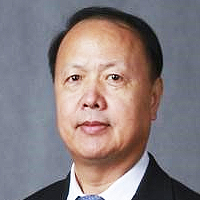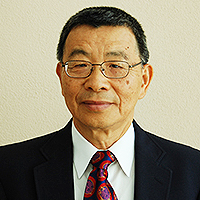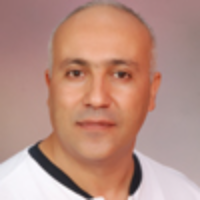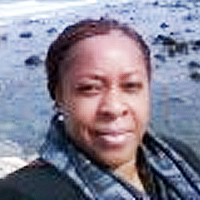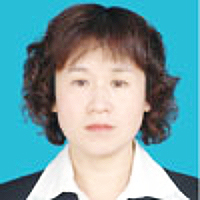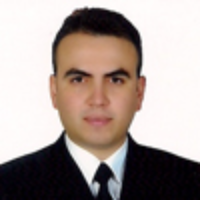Spiritual and religious Islamic perspectives of healing of posttraumatic stress disorder
Published on: 25th September, 2017
OCLC Number/Unique Identifier: 7317656145
It is known today that psycho-trauma and PTSD cause different levels of mental and social dysfunction. Human spirituality and capacity to meet further life difficulties become severely damaged. There is wide accepted attitude today that in holistic approach in process of healing PTSD and psycho-trauma is necessary to include other professionals from community resource regarding needs of trauma victims. In Bosnia and Herzegovina after very severe war (1992-1995) as mental health professionals, we are faced with increasing number of different mental health disorders as result of severe trauma experiences. Regarding community based care orientation it is necessary to include and religion professionals. According national and religious background of majority of our population in Tuzla Canton that is Muslim, we meet spiritual needs of our clients as needs for Islamic explanation of life and death meaning. Our clients need to talk about spiritual issues in daily therapy and to practice daily religious rituals. Regarding that in this paper we tried to interface Islamic principles and it’s beneficial toward psycho-trauma and PTSD, as well as Muslim perspectives in attempt to apply spiritual practice in therapeutic tools for better efficacy in spiritual healing of mental dysfunction’s of believers who survived severe trauma, especially war trauma.
Effect of spiritual health (Sound Heart) on the other dimensions of health at different levels of prevention
Published on: 21st September, 2018
OCLC Number/Unique Identifier: 7900079184
Introduction and goal: From the perspective of Islam, spiritual health means having a Sound Heart (a calm, confident and optimistic soul, with hope for God’s mercy, satisfaction with destiny and vitality). The way to achieve spiritual health is strengthening the faith and taking good deeds based on religious spirituality. This study was conducted with the aim of determining the impact of spiritual health (Sound Heart) on the other aspects of health at different levels of prevention.
Methods: In nine phases of research in 16 years, after designing and validating the “Sound Heart Model”. The spiritual problems of patients and healthy clients were determined. Spiritual care guidelines and the spiritual counseling model in patients and healthy clients were designed. Then “Parent’s Spiritual Empowerment Program”, “inter-professional spiritual health care training program” was extracted. Based on the findings of the previous steps, the effect of spiritual health on other aspects of health at different levels of prevention was extracted.
Findings: Belief in God and divine love creates spiritual health (Sound heart) with wisdom, chastity, courage, justice, dignity, kindness, and sincerity in action. Faith prevents neglecting from the God’s remembrance and its consequences such as: unhealthy lifestyle, risky behaviors, destructive excitements, psychosocial diseases in clients and eliminates the fear, anxiety, sadness and disappointment in patients. Spiritual health causes living in the present time with patience and grace of God, creates hope, optimism for the future, courage to face life crises. By creating mental health, it improves the psycho-neuron-immunologic function and improves physical health.
Conclusion: Considering the great impact of spiritual health on the other aspects of health at all levels of prevention, it is imperative that students and health care staff, by referring to these concepts, carry out spiritual care/counseling.
Relationship between the Level of Spirituality and Blood Pressure Control among Adult Hypertensive Patients in a Southwestern Community in Nigeria
Published on: 19th September, 2023
Background: Spirituality has been strongly associated with good blood pressure control as it forms a strong coping mechanism in hypertensive patients. This hospital-based cross-sectional study was done to determine the relationship between spirituality and blood pressure control among adult hypertensive patients in rural Southwestern Nigeria to achieve good blood pressure control.Method: The selection was done by systematic random sampling technique. Socio-demographic and clinical information were obtained through semi-structured interviewer-administered questionnaires. The level of spirituality was assessed using the Spiritual Perspective Scale. Data were analysed using the Statistical Package for Social Sciences version 20.0. Statistical significance was set at p ≤ 0.05.Results: The mean age of the respondents was 61.1 ± 11.1 years. More than half (52.6%) had a high level of spirituality and more than two-thirds (67.1%) of respondents had controlled blood pressure. Respondents with a high level of spirituality were 4.76 times more likely to have good blood pressure control {p < 0.001, 95% CI (1.05-14.99)} than those with a low level of spirituality. Conclusion: Proper understanding and effective utilization of this relationship will assist health professionals and researchers in the appropriate integration of this concept into patients’ holistic care with the aim of achieving better blood pressure control among hypertensive patients.


